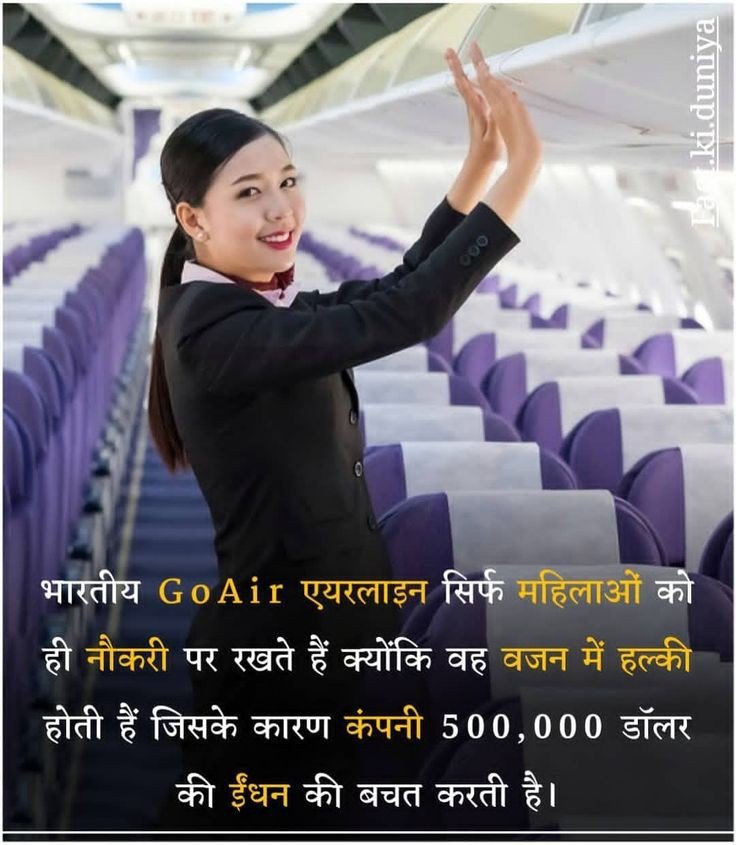Understanding Trump’s Perspective on the Russia-Ukraine Conflict War Madness
Former President Donald Trump has consistently framed the ongoing Russia-Ukraine war as a significant deviation from peaceful international relations, describing it as “madness.” This characterization reflects his broader foreign policy approach, which often emphasizes the need for strong negotiation strategies over military engagement. Trump’s administration prioritized direct dialogue, showcasing a preference for diplomacy in resolving conflicts rather than traditional military intervention.
Historically, Trump has voiced skepticism regarding U.S. involvement in overseas conflicts, advocating for an “America First” policy that seeks to limit entanglement in foreign wars. Throughout his presidency, he expressed concerns over the prolonged nature of military campaigns, arguing that they distract from domestic issues and can lead to unintended consequences. In light of this, his remarks on the Russia-Ukraine situation suggest a call for renewed diplomatic efforts that could alleviate tensions without further escalating the conflict.War Madness
Trump’s previous comments regarding Ukraine have also illustrated a complex relationship with the nation. On various occasions, he has been criticized for appearing to downplay Russian aggression, which has led to confusion over his stance. Although he has occasionally supported Ukrainian sovereignty, his prioritization of personal diplomacy sometimes overshadows these assertions. As such, his interpretation of the conflict as “madness” serves to emphasize a desire for a resolution that avoids further loss of life and property associated with drawn-out military confrontations.
Furthermore, Trump’s perspective indicates an underlying concern for the implications of the Russia-Ukraine conflict on global stability. By labeling the situation as madness, he highlights not only the humanitarian implications but also the broader consequences chaotic events can have on international relations and diplomatic interactions. This viewpoint can resonate in discussions about the potential role of countries like China in mediating peace talks, reflecting on the delicate and often unpredictable nature of global geopolitics.
The Role of China in Global Peacekeeping: Opportunities and Challenges
China’s potential involvement as a mediator in the Russia-Ukraine conflict presents both opportunities and challenges that warrant careful examination. Historically, China has taken on various roles in international conflicts, often focusing on mediation and fostering dialogue. This is evident from its participation in diplomatic efforts regarding the Korean Peninsula and its multi-faceted involvements in African peacekeeping missions. China’s diplomatic strategies typically emphasize non-interference, respect for sovereignty, and economic cooperation, which could position it as a neutral party capable of facilitating discussions between Russia and Ukraine.
China’s relationship with Russia has grown stronger over the years, particularly in economic and military domains. However, this alliance complicates its ability to act as an impartial mediator. China’s approach to the Russia-Ukraine conflict could be influenced significantly by its strategic partnership with Russia, alongside its desire to maintain stability in Europe and foster improved relations with Ukraine. Furthermore, China’s economic interests, such as securing energy supplies and expanding trade routes, may dictate the terms of its diplomatic engagement. A delicate balance will need to be struck, as overt support for Russia could alienate Ukraine and hinder China’s long-term goals.War Madness
Additionally, while China’s unique position allows it to potentially serve as a facilitator for dialogue, significant challenges remain. The complexity of international relations in this context is compounded by various geopolitical factors, including Western sanctions against Russia and the global response to China’s actions. Meaningful mediation requires not just influence but also the trust of both parties involved in the conflict. For effective peacekeeping endeavors, China’s ability to navigate these complexities will determine its effectiveness as a mediator and its role in shaping a resolution to the Russia-Ukraine war.War Madness
International Reactions: How the World Responds to Trump’s Comments
Former President Donald Trump’s description of the Russia-Ukraine war as “madness” has elicited a diverse array of responses from political figures and leaders across the globe. His assertion that China should play a significant role in peace negotiations has sparked both support and criticism, revealing the complexity of international geopolitical sentiments regarding the conflict.War Madness
In the United States, political leaders within both parties have reacted to Trump’s remarks with caution. While some Republicans have expressed agreement with his call for a more diplomatic approach, others remain skeptical about involving China, given the country’s ongoing tensions with the United States and its strategic partnership with Russia. Democratic leaders have reiterated their commitment to supporting Ukraine, suggesting that Trump’s narrative might undermine ongoing U.S. support for the war-torn nation.War Madness
Responses from European allies have varied significantly. Some officials emphasize the importance of a unified stance against Russian aggression and caution against empowering China in negotiations, fearing it may tilt the balance of power. Others, particularly those aligned with more isolationist views, find merit in Trump’s proposal and call for alternative approaches that could mitigate ongoing hostilities. European security dynamics remain tense, reflecting concerns about both escalated military engagement and economic repercussions.War Madness
Reactions from Russia and Ukraine indicate an awareness of the shifting geopolitical landscape. Russian officials have dismissed Trump’s comments, framing the war in their own terms while subtly leveraging his statements to bolster internal narratives about foreign influence. In contrast, Ukrainian representatives have approached the matter with skepticism, highlighting the necessity of a peace process that respects Ukraine’s sovereignty without undue influence from countries with divergent interests like China.
Overall, Trump’s comments regarding the Russia-Ukraine war and the potential for Chinese involvement in peace talks underscore the intricate diplomatic dance taking place on the global stage. The reactions from various international actors illuminate the challenges of navigating a path toward lasting peace, demonstrating the complex interplay between national interests and global diplomacy.War Madness
Looking Ahead: Prospects for Peace in the Russia-Ukraine War Madness
As the ongoing conflict between Russia and Ukraine continues to unfold, the prospects for peace remain uncertain, yet the situation invites a crucial examination of the roles various actors play, particularly Trump’s emphatic War Madness characterization of the war as “madness.” Diplomatic engagements are critical to resolving a conflict that has caused significant human suffering and geopolitical instability. Currently, several international entities are working towards facilitating a dialogue between the two nations, yet the willingness of both parties to genuinely negotiate remains questionable.War Madness
China’s involvement has garnered attention, especially considering its growing influence in global affairs. As a significant player on the world stage, China has the capacity to impact negotiations and can potentially serve as a mediator facilitating talks. The Chinese government has indicated that it desires a peaceful resolution, which could resonate with both Russia and Ukraine if aligned with their interests. However, the effectiveness of such involvement is contingent upon China’s ability to maintain a neutral stance, as both nations have deeply entrenched positions that may complicate mediation efforts.War Madness
The current climate suggests that any peace agreement would likely necessitate compromises from both sides, focusing on territorial sovereignty and security guarantees. A resolution could involve the establishment of neutral zones or international oversight to ensure compliance with terms. Furthermore, long-term effects of a peace deal could reshape regional dynamics, impacting alliances and the global balance of power. Ultimately, while the road to peace in the Russia-Ukraine war is fraught with challenges, any sustainable agreement will demand collaborative international efforts and a genuine commitment from the conflicting parties. This ongoing process will be pivotal not only for the involved nations but also for regional stability and the broader geopolitical landscape.War Madness



Post Comment